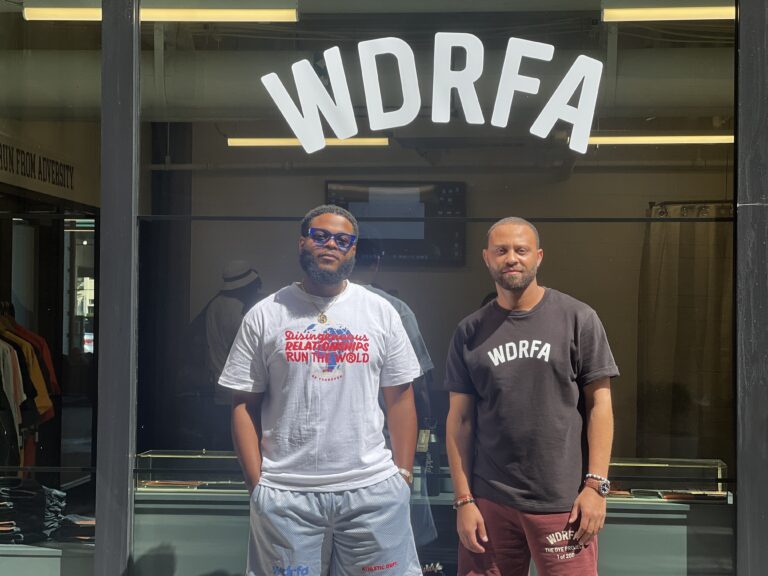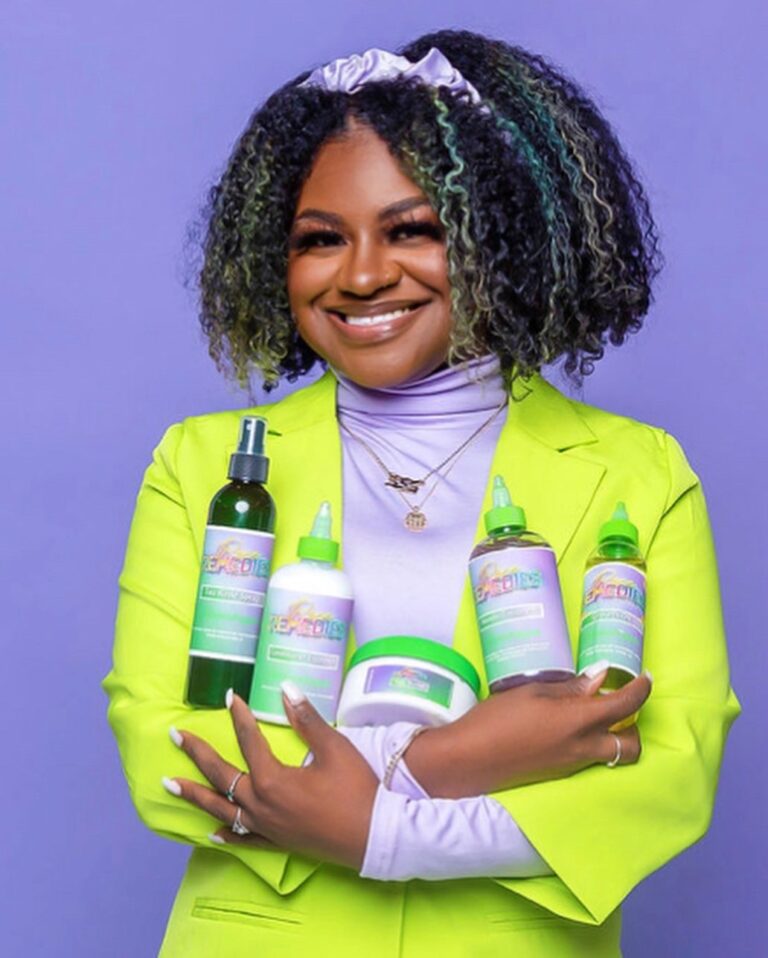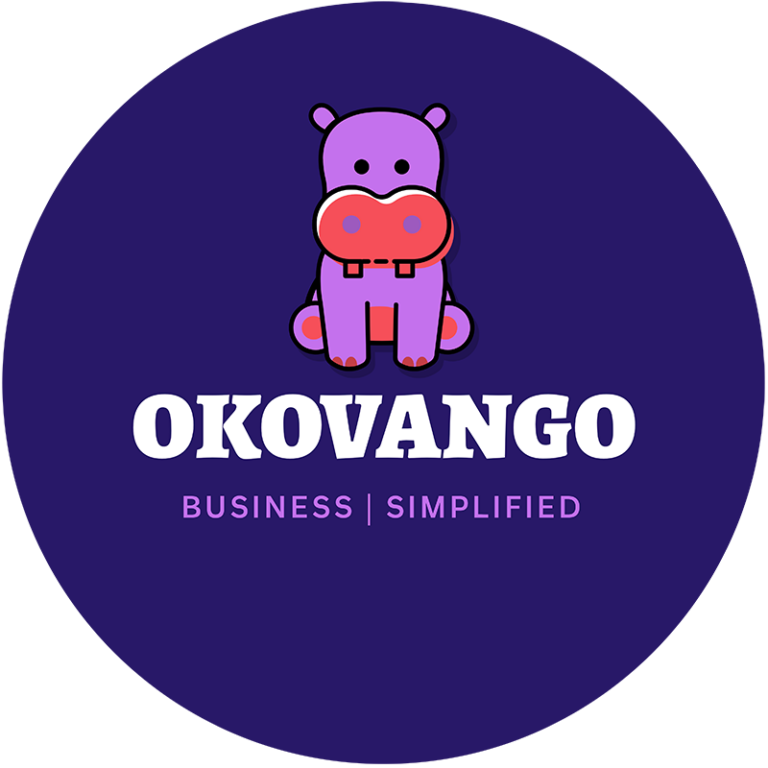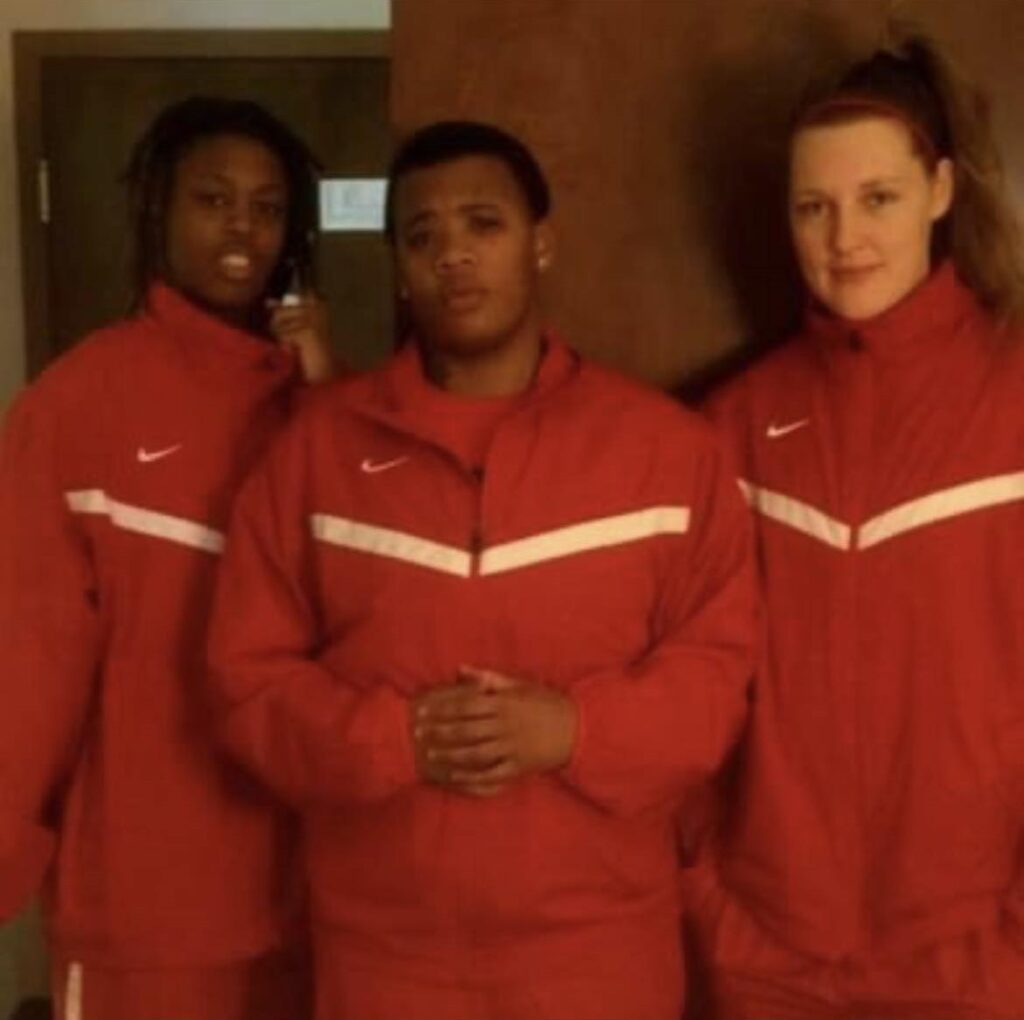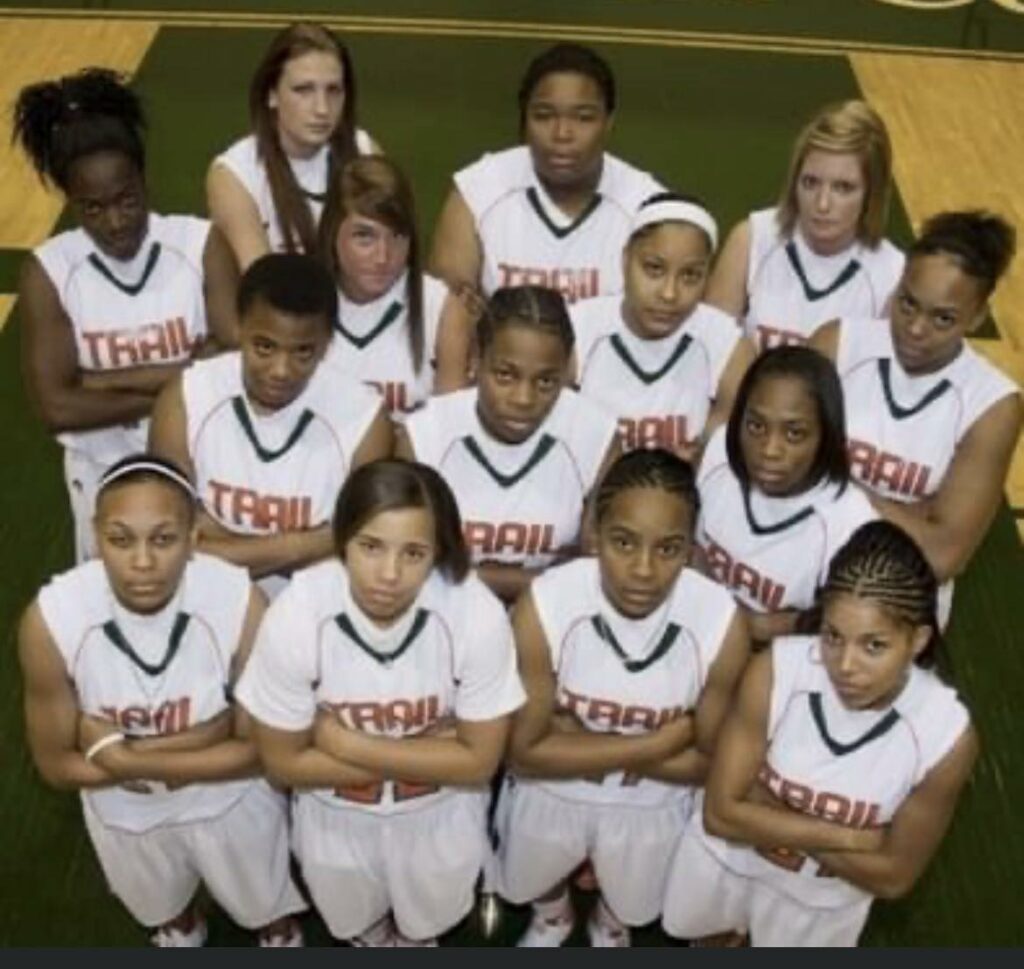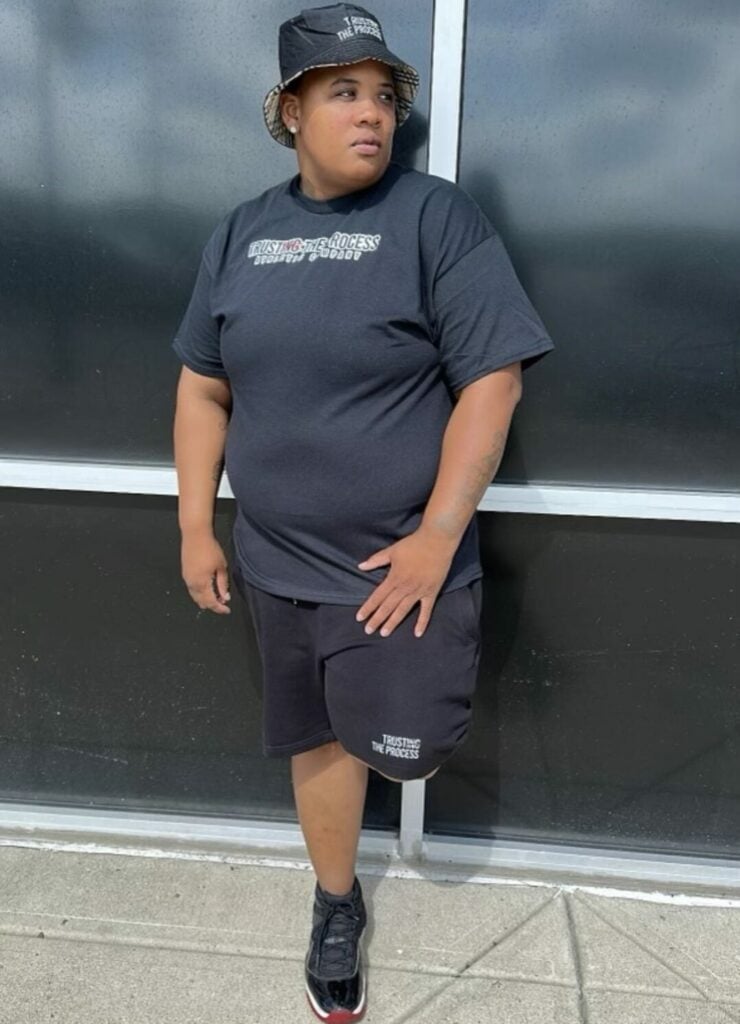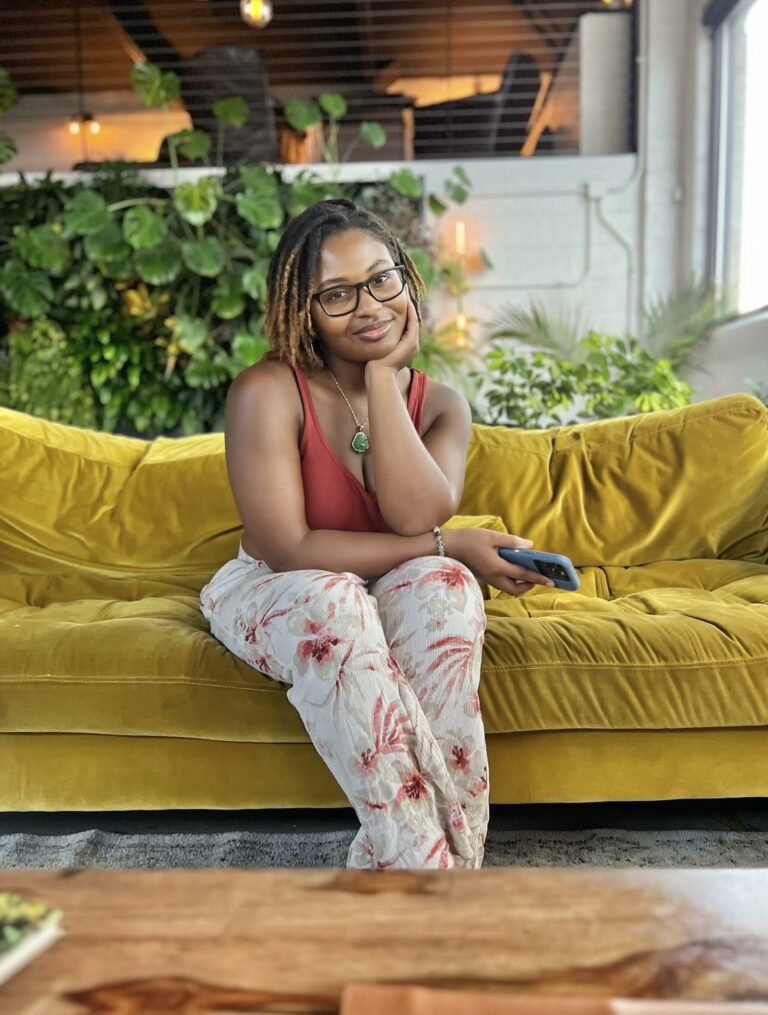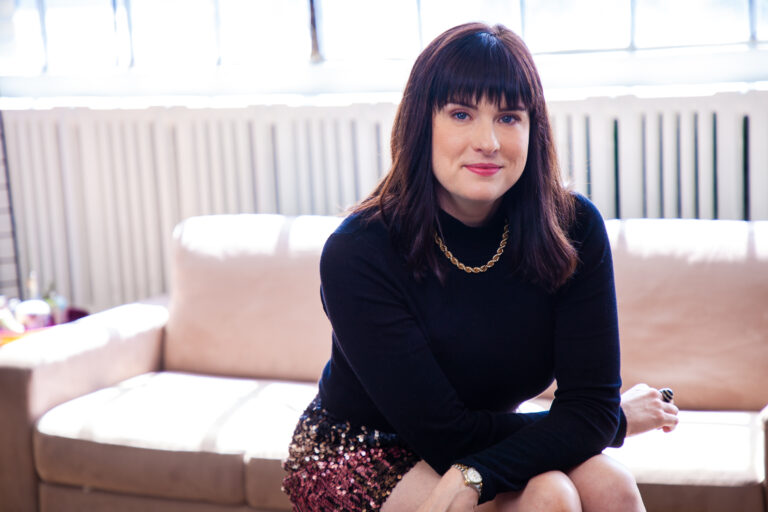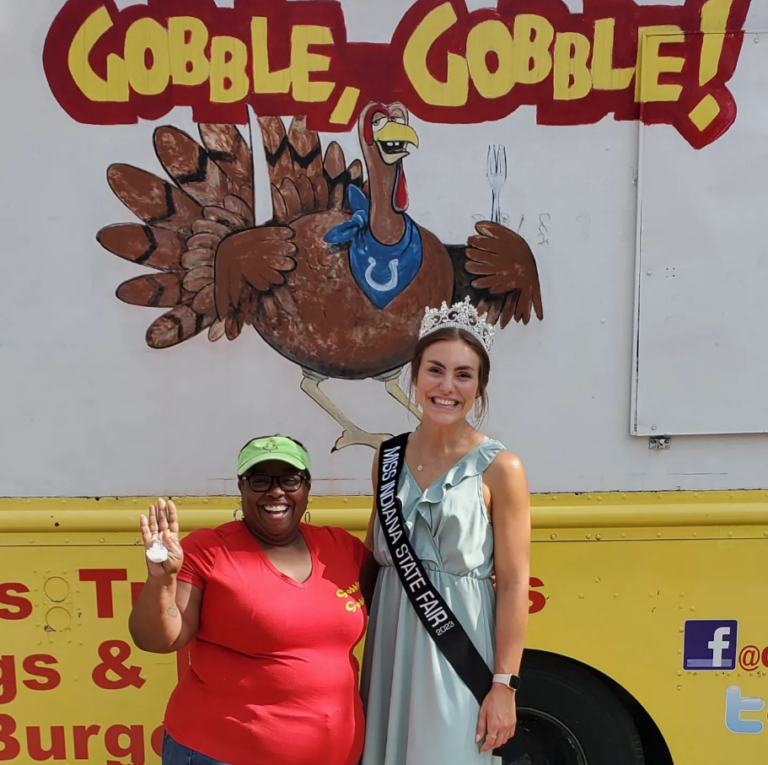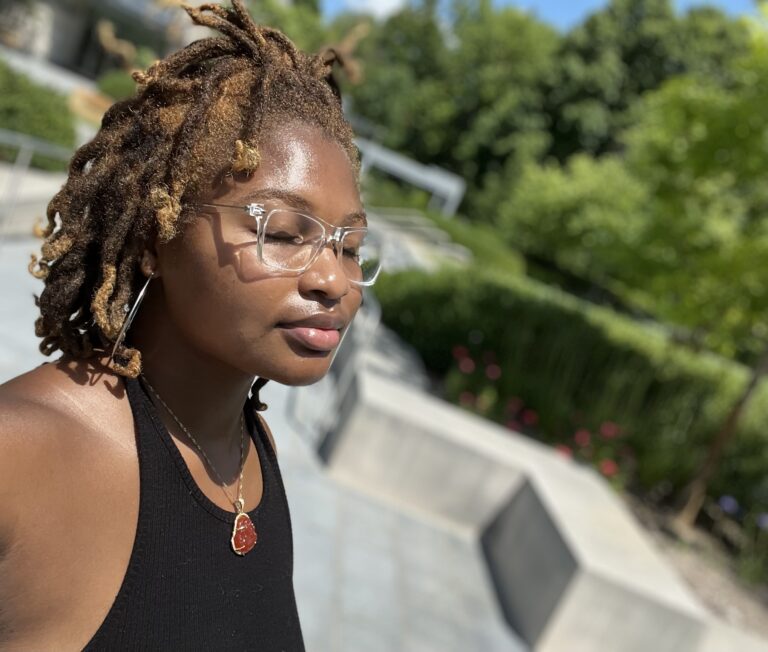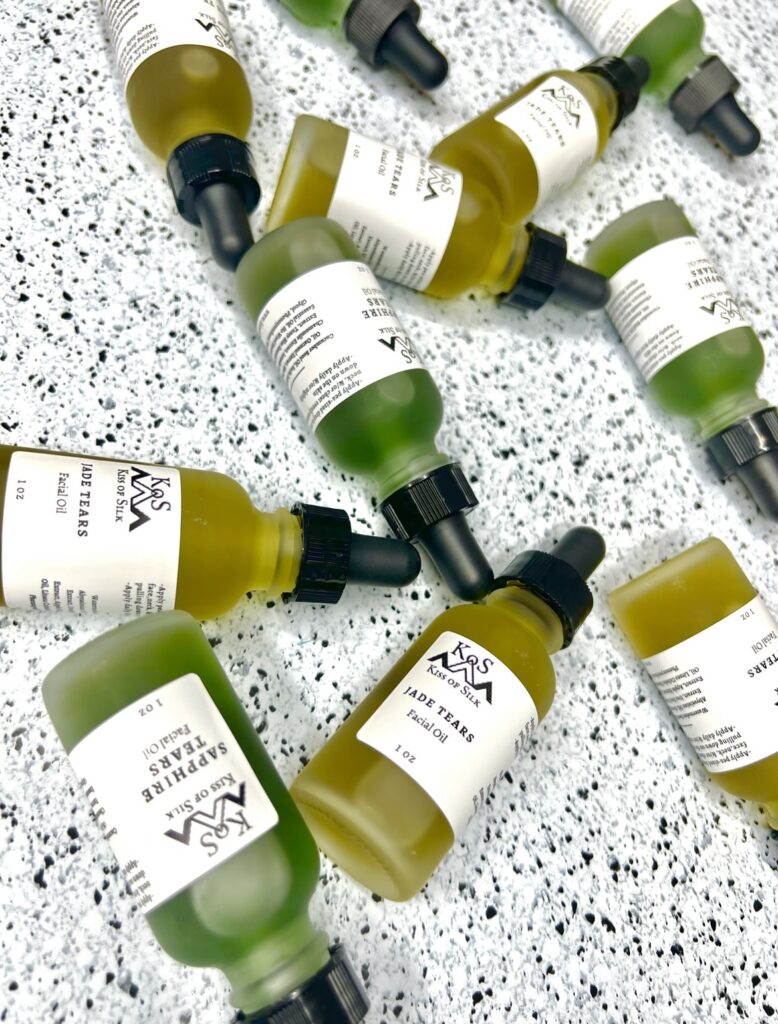The lifestyle brand We Don’t Run From Adversity (WDRFA) is stepping out of the online realm into the vibrant heart of Indianapolis.
This is all thanks to a pioneering collaboration to give e-commerce entrepreneurs an opportunity to grow through a brick-and-mortar location.
Mayor Joe Hogsett announced the City’s collaboration with WDRFA as the first local business selected for the St’Artup317 Retail Incubator pilot program at the Stutz.
RELATED: Minority Business Highlight: Gobble Gobble Food Truck
“This is creative economic development in action, and we’re excited to open our first-ever storefront with WDRFA as the featured local business,” said Hogsett.
As part of Hogsett’s downtown resiliency strategy, the City of Indianapolis Department of Metropolitan Development created the first St’Artup317 retail incubator program. It is part of a public-private partnership with the Stutz’s owner and developer SomeraRoad.
“The Stutz is known historically as a place for creativity, innovation, and community which makes it the ideal location for this next phase for St’Artup317. Our goal is to make downtown Indianapolis a place where small businesses can launch and grow, and as a result, we’re evolving our economic development tools to grow the Indianapolis retail economy,” said Hogsett.
Striving to expand Downtown’s retail sector, the program’s long-term goals are to invest and empower historically underrepresented entrepreneurs.
They seek to eliminate empty storefronts and increase local and visitor consumer spending. Gary Patterson and Michael Gillis are the co-owners of WDRFA.
The lifestyle brand that features apparel, headwear, accessories and drinkware and promotes a community that connects people, places and things.The uncle and nephew launched in 2016 and debuted their storefront inside Stutz on Saturday, Aug. 12.
“The conversation with St’Artup 317 started over a year ago. We had done pop-ups at art galleries, coffee shops and different retail spaces since 2016. They liked our vision and the things that we could create,” said Gillis.
“We’ll only be here about nine months max. Then the next business will be coming in. This is the first time that they have a space that they’ll have for years to come.”
Gillis said that the new storefront venture is exciting but also challenging due to many elements differing from e-commerce. They also have to account for the foot traffic in the popular area.
“In Indianapolis, there are a lot of Black owned retail businesses. Most of them are e-commerce just because of the challenges that come with it, like renting properties, and that’s why the program St’Artup 317 is great,” said Gillis.
“In Indianapolis, most landlords want you to sign five- or six-to-ten-year deals where you have to lock in that big commitment of money. This is a great way to get our brand out there and aligns perfectly with what we’re selling.”
Patterson said it was important for them to reach more people with their brand.
“At the time that we started WDRFA, Indianapolis retail hadn’t really taken off yet. It’s something that’s still growing, like the whole city being into fashion and wanting to support fashion that’s not necessarily sneakers and things like that,” said Patterson.
“For the most part, we’ve been a mall-based city, not like boutiques, or knick-knacks, or niche kind of markets. We have a niche store, so for us, being online just made sense.
This program is perfect because it’s not necessarily long-term but enough time for us to touch the people who can check out our quality.”
Located in the Stutz Maker’s Alley, the 500-square-foot St’Artup317 Retail Incubator is located off 11th Street.
If you have a minority owned and operated business you’d like to be featured in the Indiana Minority Business Magazine Directory, visit Indiana Minority Business Directory.

